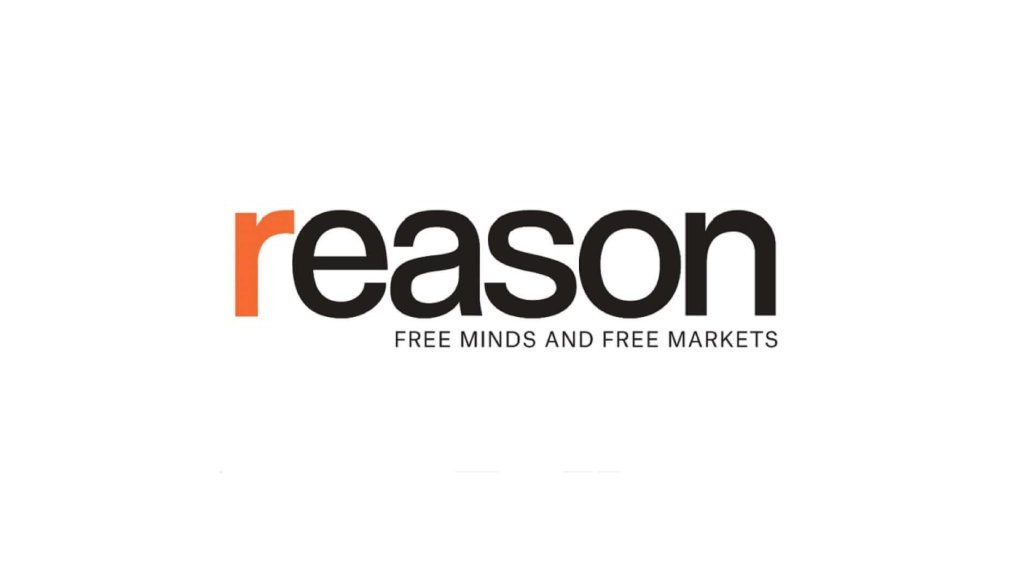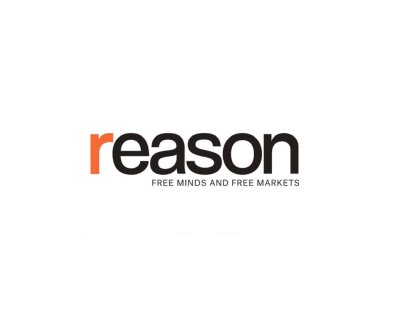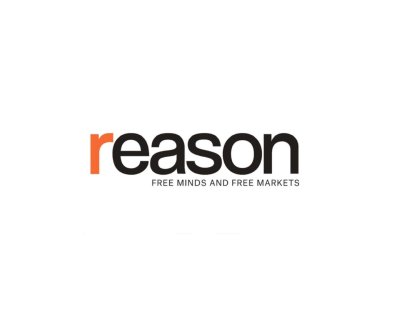Massachusetts Voters Reject Decriminalization of 5 Natural Psychedelics
Massachusetts voters have rejected a ballot initiative that would have eliminated penalties for noncommercial production, possession, and sharing of five naturally occurring psychedelics. With 87 percent of ballots counted on Tuesday night, 57 percent of voters opposed Question 4, which would have allowed adults 21 or older to use psilocybin, psilocyn (another psychoactive component of “magic mushrooms”), dimethyltryptamine (DMT, the active ingredient in ayahuasca), ibogaine (a psychedelic derived from the root bark of the iboga tree), and mescaline (the active ingredient in peyote). The initiative also would have authorized state-licensed “psychedelic therapy centers.”
Question 4 resembled a groundbreaking initiative that Colorado voters approved in 2022, covering the same substances and conduct. Both went further than a 2020 Oregon initiative that authorized state-licensed “psilocybin service centers” but did not apply to other psychedelics or permit independent use (although an initiative approved the same year, which was subsequently overturned by the state legislature, decriminalized low-level possession of psychedelics and other drugs).
The Massachusetts initiative would have allowed “individuals 21 years of age or older” to “grow, possess, and use a personal amount of psychedelic substances.” It also would have let them assist others in those activities and transfer personal-use amounts to other adults “without remuneration.”
The possession limits were 18 grams for mescaline, 30 grams for ibogaine, and one gram for DMT, psilocybin, or psilocyn. Possessing more would have been a civil offense punishable by a $100 fine for amounts up to twice the limits, but it would still have been a criminal offense beyond that cutoff. Under current Massachusetts law, possession of psychedelics is punishable by up to a year in jail for the first offense and up to two years for the second offense.
On-site consumption of the covered drugs at therapy centers would have been regulated by a newly created Natural Psychedelic Substances Commission. The initiative would have imposed a 15 percent tax on those transactions and allowed local governments to impose additional taxes of up to 2 percent. Local governments also would have been authorized to regulate the centers without banning them.
Polls conducted in September and early October suggested that voters who had made up their minds about Question 4 were about evenly divided. But a substantial share of voters—14 percent in both surveys—were undecided. A third poll, conducted in late October, put support at 5
Article from Latest

The Reason Magazine website is a go-to destination for libertarians seeking cogent analysis, investigative reporting, and thought-provoking commentary. Championing the principles of individual freedom, limited government, and free markets, the site offers a diverse range of articles, videos, and podcasts that challenge conventional wisdom and advocate for libertarian solutions. Whether you’re interested in politics, culture, or technology, Reason provides a unique lens that prioritizes liberty and rational discourse. It’s an essential resource for those who value critical thinking and nuanced debate in the pursuit of a freer society.




